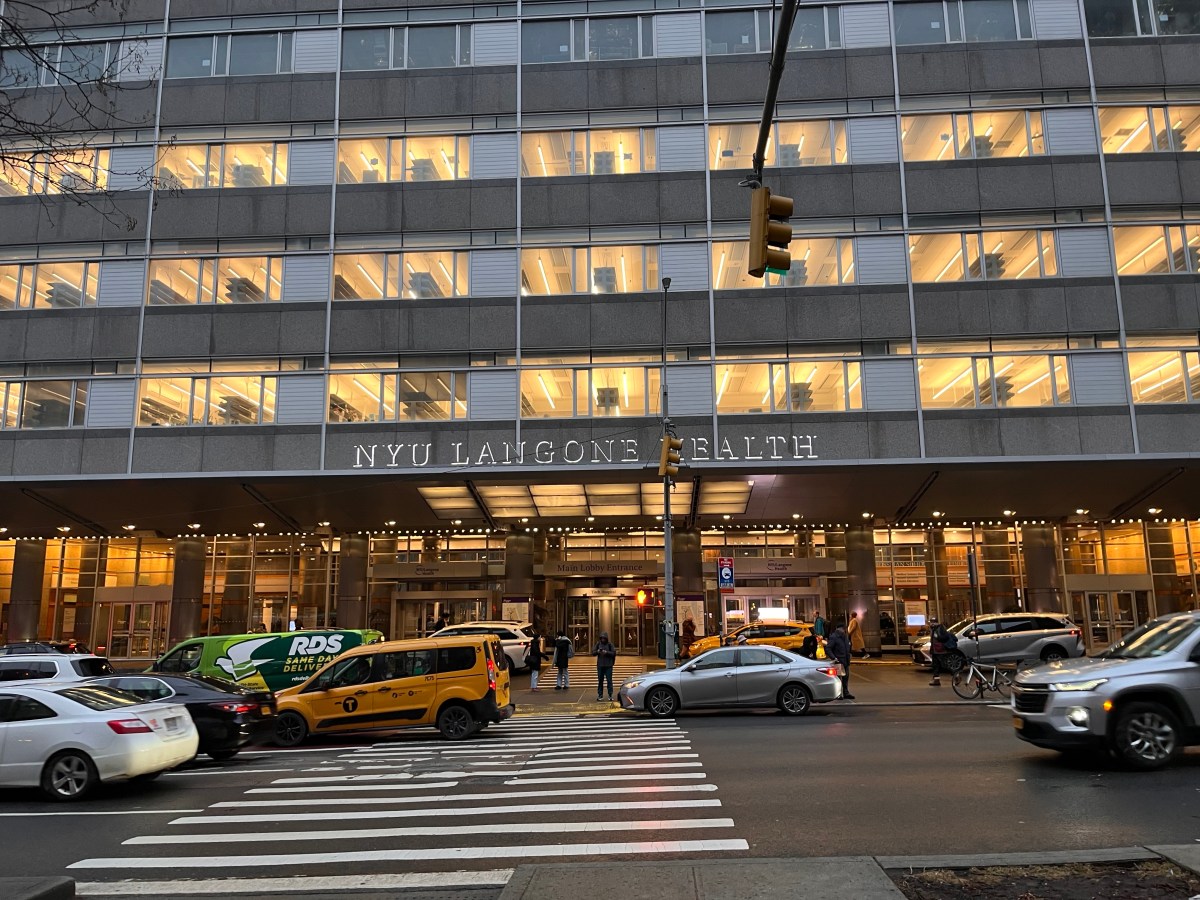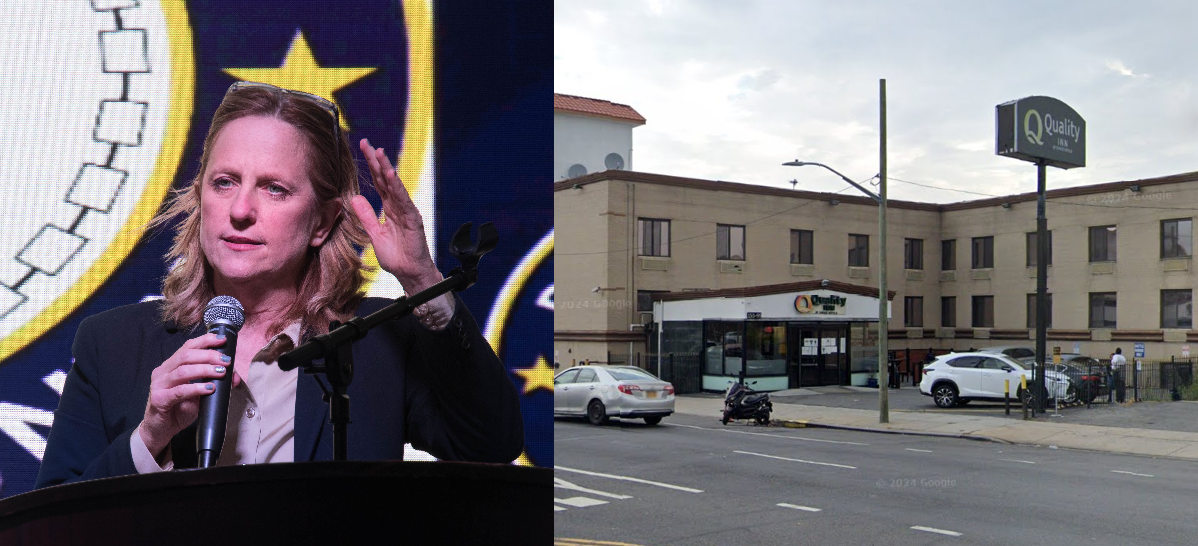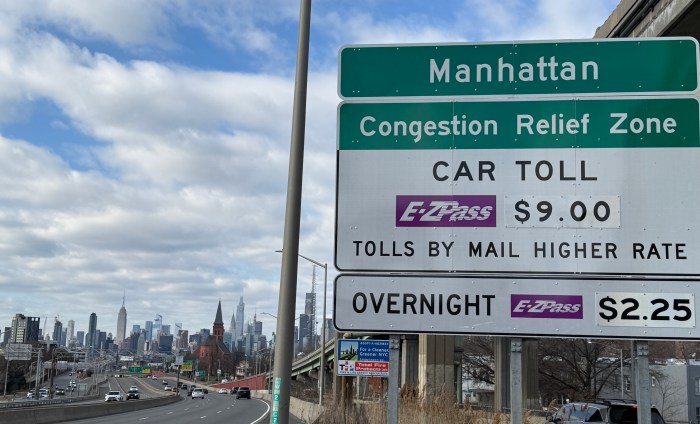BY ALEJANDRA O’CONNELL-DOMENECH | New Yorkers facing homelessness, using drugs or suffering from H.I.V./AIDS have a new place to turn to for medical care.
The social-services nonprofit Housing Works opened the Ginny Shubert Center for Harm Reduction on W. 37th St. on July 17, which is named in honor of one of the organization’s four founders who lived with HIV. The center offers clients a combination of primary care and harm reduction.
“We all need comprehensive primary care, but New Yorkers who are most at risk of contracting H.I.V./AIDS, including those struggling with substance abuse and addiction, need a safe place to seek harm-reduction programs and substance-abuse treatment without fear of legal repercussions,” said Assemblymember Richard Gottfried, chairperson of the Assembly Health Committee, who attended a ribbon-cutting ceremony last week at the nonprofit.
Although the nonprofit held a ribbon-cutting for the center’s opening, the building is actually home to one of the city’s oldest needle-exchange programs. In 1995, an organization called Positive Health Project began providing harm-reduction services there, along with a needle-exchange program, including overdose prevention health education and care coordination, and eventually became a part of Housing Works in August 2012.

“Since 2012, the program has been evolving into becoming a lot more comprehensive and a lot more mindful of the drug user’s needs and services needed for the population,” said Max Sepulveda, managing director for harm reduction at Housing Works. Since Housing Works became the managing agent for PHP, the program has evolved from just being a harm-reduction syringe exchange program, and now offers health services, psychiatric services, hepatitis C treatment, a methamphetamine program, and 15 support groups, along with case management and care coordination for H.I.V.-positive individuals.
The center is currently staffed with one primary-care provider, a psychiatric provider, a nurse practitioner and a number of supportive staff to deal with the flow of 30 to 40 visitors a day. Part of the center’s care coordination involves addressing each visitor’s unique needs and appropriately referring them to culturally sensitive providers, if need be.
Sensitivity is an important aspect of care at the center, since some clients who have tried obtaining medical services at more mainstream medical facilities failed to stick with services because of stigma and a lack of sensitivity from providers.
The center wants to be able to provide some help for everyone.
“Some individuals come with very basic needs — they just need one specific service and then they go. Then we have individuals who are entirely and absolutely disenfranchised,” said Sepulveda, who added that the center works with individuals without health insurance.



































